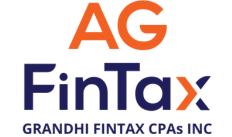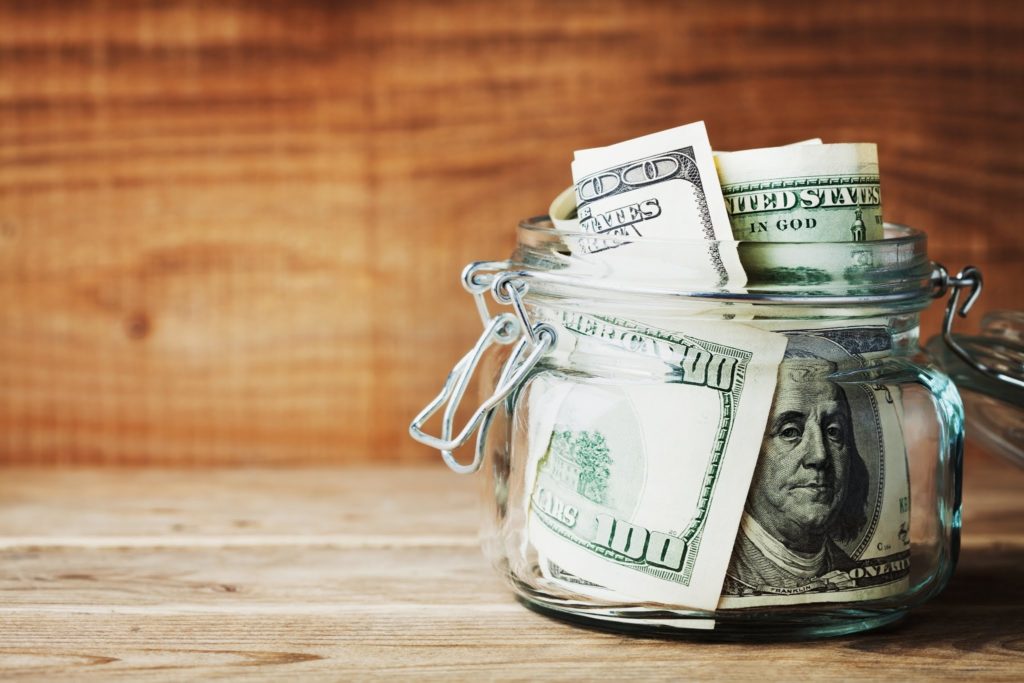In 2020, billions of dollars in grants were issued due to the COVID-19 pandemic. If you received a government-issued grant for yourself or your business, you may be wondering if those grants are taxable.
Depending on the circumstance, you may or may not have to pay taxes on them.
As a general rule grants are taxable income irrespective of the source unless the Internal Revenue Code provides an exception.
Are COVID-19 Grants Given to Individuals Taxable?
The COVID-19 related grants to individuals are not taxable. The general welfare exclusion allows individual taxpayers to exclude payments made by government units in connection with a qualified disaster. In broad terms, payments to promote the general welfare include necessary personal, family, or living expenses.
Since COVID-19 is a qualified disaster, this rule is in effect. Individuals do not pay tax on grants related to COVID-19.
Are COVID-19 Grants Given to Businesses Taxable?
However, the businesses, grants are taxable. These payments do not qualify under general welfare exclusion because they are not based on individual or family needs. The IRS has disclosed that the grants under CARES Act (Coronavirus Aid, Relief, and Economic Security Act) given to help businesses are taxable. State and local grants that are not a part of the CARES Act are also considered taxable income.
Are EIDL Emergency Advances Taxable?
The CARES Act also made low-interest EIDLs available for businesses and established a loan advance program. Even though they are called “advances”, the payments qualify as grants and do not need to be paid back. They are tax-free.
As a note, business expenses paid with EIDL advances are tax-deductible.
Other grants that are tax-free include those given to live performing arts organizations, venues, and theaters. The COVID-19 pandemic saw many of these event venues and artists with no audience, and therefore, out of work. Tours were completely halted. Grants were given to those who could show that their revenues saw a 25% or more dip due to the pandemic. The Small Business Administration (SBA) was given billions of dollars in grants to distribute. The grants must be used for expenses such as payroll costs, rent and utilities, and personal protective equipment (PPE). Expenses paid with these tax-free grants are also tax-deductible.
Struggling To Pay Your Taxes?
As the coronavirus continues to disrupt everyday life, many Americans are finding themselves in tight financial situations. The IRS initially halted tax collections in March of 2020, but once the People First Initiative expired in July 2020, people were expected to pay. Taxpayers who owe the IRS back taxes can now rely on the Taxpayer Relief Initiative for some assistance.
You have options when it comes to paying back the IRS. These include paying in full or paying in monthly installments. If you would like to pay in full at a later date, you can apply for an extension. Some qualifications include owing less than $50,000 in combined income tax, penalties, and interest. Also, all required tax returns must have been filed. The short-term payment plan currently extends the payment from 120 days to 180 days under the Taxpayer Relief Initiative. To apply, call the IRS number found on your tax bill. Interest rates apply when you are late for your payments.
As COVID-19 continues to impact us in 2021, know that last year’s grants for individuals are not taxed while grants given to businesses are taxed. EIDL advances are tax-free and expenses paid with these advances are tax-deductible. The IRS has enacted programs to help Americans pay taxes, even into 2021.




